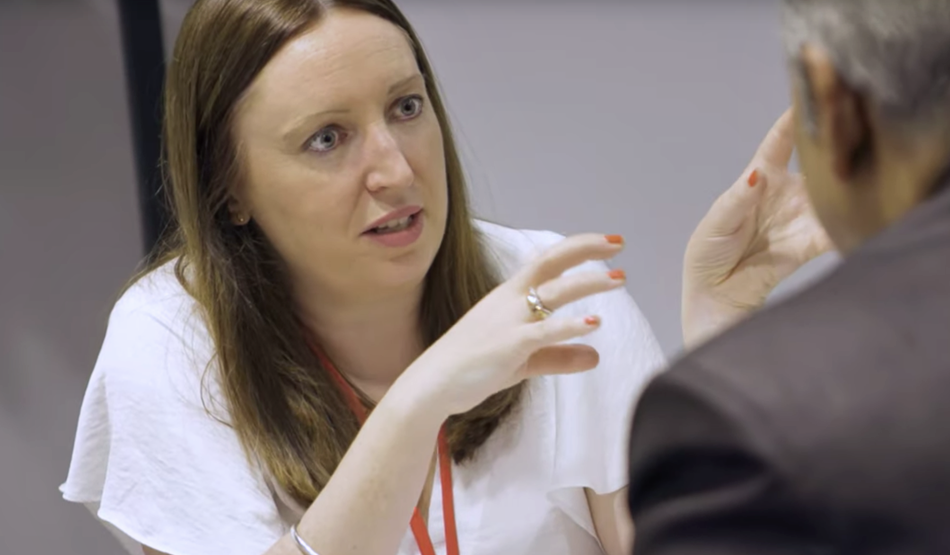Nuala Foley is Industry Engagement Manager at KSS AHSN. Here she offers some tips for anyone wanting to set up a social enterprise to provide a product or service to the NHS.
I’ve been part of the KSS AHSN Industry team for about three months now. In a nutshell, our role is to help improve the interface between industry and the NHS.
It’s a service that benefits the NHS by helping selected companies at specific points in their journey. We ask our NHS partners to tell us about their challenges and headaches and then share those opportunities with industry. This includes helping industry to understand how the NHS works market and for the right products or services how this in turn will enable the company to build a sustainable business – which in turn gives the NHS confidence about the products or services we bring to them.
I talk to a lot of companies, usually initially at one of our “Market insight briefings” which provide a great overview about what’s it like working with the NHS, its complexities and how to approach the NHS in a way that will make sense to them. I also support companies at one to one sessions where we can get into more detail about their specific route to market and their value proposition (the benefits that they offer the NHS and its patients) from the products and services they have developed.
Recently I’ve noticed that a lot of software developers are choosing to work in clinical areas with high prevalence, such as diabetes and how we improve diagnostics The NHS Long Term Plan made a renewed commitment to improve and widen access to mental health support and we are also seeing a lot of products – digital platforms, apps and increasingly solutions using AI – in this space.
Digitech is an emerging trend in health, just like most sectors at the moment, and there is equally a real appetite in the NHS for these types of solutions. However, they have to be effective, affordable and address a challenge/need in their area of work and fit with a way of working.
There are a lot of companies in this space so it’s a competitive place to be but at the same time making wider use of digital solutions is crucial for the NHS at the moment. That means that understanding the market is key – and that’s where our Bridging the Gap market insight briefings and subsequent services can help.
My advice to companies looking to approach the NHS – whether it’s about a digital solution or anything else – is to be realistic about where you are. You’ll get a much more positive response from that sort of discussion compared to just giving a sales pitch.
Secondly, you need to do your research and understand your market. That means having a national perspective if you’re going to build a sustainable business. The acid test is not whether someone thinks it’s a good idea but whether they will buy it. Something that’s just “nice to have” isn’t compelling enough for the NHS to invest in.
If you’re reading this and want to know more about how we connect industry and the NHS to bring support the spread of effective innovation, please get in touch with me via kssahsn.bridgingthegap@nhs.net





